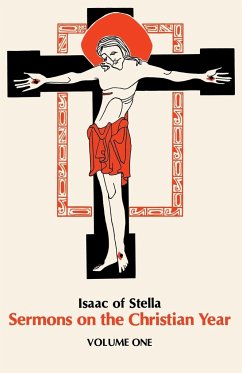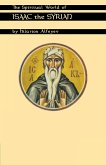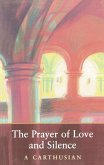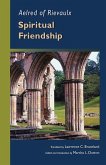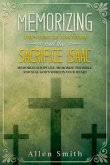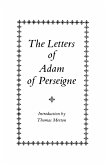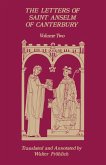Two great institutions sprang from the self-confident ground of twelfth-century Europe: the University and the Cistercian Order. Isaac of Stella participated in both. Born in England in the opening years of the century, he seems to have moved to France for his education. His works reveal his mastery of the very technical vocabulary of the cathedral schools there and their love for subtle logic. Not long after 1140, he entered the austere monastic life of the White Monks, and seven years later became abbot of Stella (L 'Étoile) near Poitiers. An intractable animosity between monks and schoolmen has been posited by some modern scholars. In Isaac's mind, contends Bernard McGinn in his introduction to this first English translation of his sermons, "the relation of these two great movements of the twelfth century, the world of the Schools, and the world of Citeaux was complimentary, not antagonistic. It is hard not to think that his theological studies had been a contributing factor in the search that led him to Citeaux; his sermons and treatises are evidence of the fact that his experience of the monastic life provided an ideal situation for theological meditation, while his duties as abbot saw to it that these meditations were communicated to others." Isaac of Stella was an English-born Cistercian who studied in the schools before entering monastic life and becoming abbot of Stella in 1147. His liturgical sermons inject a speculative philosophical inquisitiveness into imaginative meditations on scenes from Scripture. Isaac combined the increasingly technical vocabulary of the cathedral schools with the spiritual tradition of the monastery. Dialectic is here combined with meditative reflection.
Hinweis: Dieser Artikel kann nur an eine deutsche Lieferadresse ausgeliefert werden.
Hinweis: Dieser Artikel kann nur an eine deutsche Lieferadresse ausgeliefert werden.

